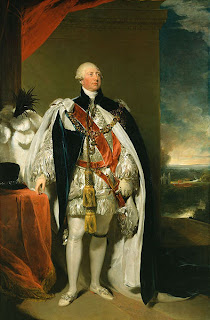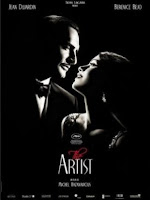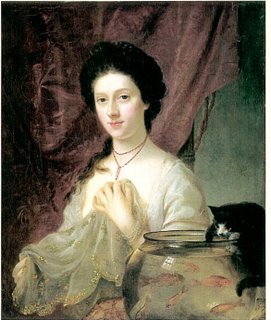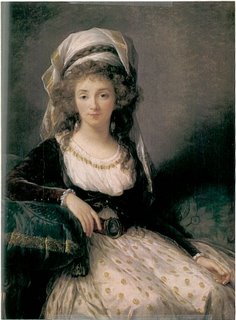(My first time blogging to Risky Regencies, that is. What were you thinking?)
Julia Ross is a hard act to follow but I’ll try. I thank Janet Mullany for my interview of last week. It gives a good idea of my writing life, my split personality, and the books I have out (and my A Reputable Rake coming in May!)
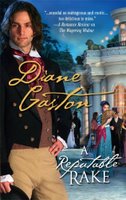
One thing Janet did not ask was why I chose to write in the Regency time period. I suspect my fellow Riskies have discussed this before. I have not searched all the previous blog entries, so I don’t know for certain. I may belabour this topic over the next few weeks, so this is just an overview, adapted from my Author! Author! article on the Warner website.
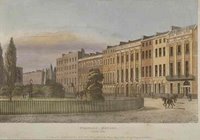
First of all, the Regency was a beautiful time period. The lovely Classical architecture and decor of the Georgian age became more varied and colorful, but avoided the excesses of the Victorians. The Regency was a time of great wealth, of beautiful Country houses and gardens, of lovely, elegant fashions. Gone were powdered hair, white wigs, and heavy make-up of the Georgian age. Regency women wore beautifully draping empire-waist silks and muslins, dresses that would still be considered lovely today. Men’s clothing also became more like our modern clothing, the bright-colored brocades and laces of the 1700s giving way to the simplicity, cleanliness, and perfect tailoring Beau Brummell insisted upon. Men and women rode though Hyde Park in fine carriages drawn by perfectly matched horses. The titled elite gathered in exclusive places like Almack’s and White’s. Men sported at Gentleman Jackson’s Boxing Saloon or Tattersal’s. Ladies made “morning calls” in the afternoon, and made their curtsey to the Queen in opulent gowns.

Exciting people lived during the Regency. My favorite is the truly great but imperfect Duke of Wellington, the man who defeated the Emperor Napoleon, but there is also the Prince Regent (“Prinny”), Lord Byron, Beau Brummell, Jane Austen, Caroline Lamb, Harriette Wilson (who Amanda wrote about in her April 15 blog about courtesans), and so many more fascinating people.
The Regency time period echoes our World War II era in my mind, a time of great courage, honor, and drama, and one that eventually led into great social change. The drama of the long war with Napoleon, culminating in Waterloo, a battle still discussed, written about and fictionalized today. Also occurring at this time was the War of 1812, less victorious for the British, events in India, and the humming of impending social change, the beginning of the decline of the upper classes and the growth of wealth from industry and trade, social unrest nipping at the heels of the class system.
The Regency is a transitional period between the decadence of the 18th century and the repression of the Victorian Age. As such there are elements of both, providing rich opportunities for dramatic conflict. For example, it is an age when the idea of marrying for love came to the fore, and yet, marriages of convenience still took place. Women–married women, that is–were still allowed to enjoy a sexual relationship, although more discreetly than did their Georgian mothers. Their poor Victorian daughters were not so lucky. Roles and behavior were more fluid in the Regency, less defined than the eras before or after, allowing the novelist great license to explore.
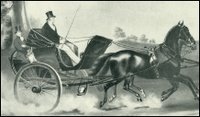
The Regency is an accessible period: Distant enough to provide an escape from every day life into a world of beauty and conflict, but familiar enough to be able to imagine ourselves living in it.
I love going into the world of Regency England every time I sit down to write. It often becomes as real to me as if I truly lived there. I aspire to bring the Regency vividly alive in my books so readers might love it as much as I do.
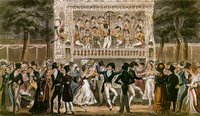
It is great to be among this wonderful group of authors who feel that same love of the Regency and that same desire to explore it in new, exciting, and “risky” ways.
Cheers! Diane


